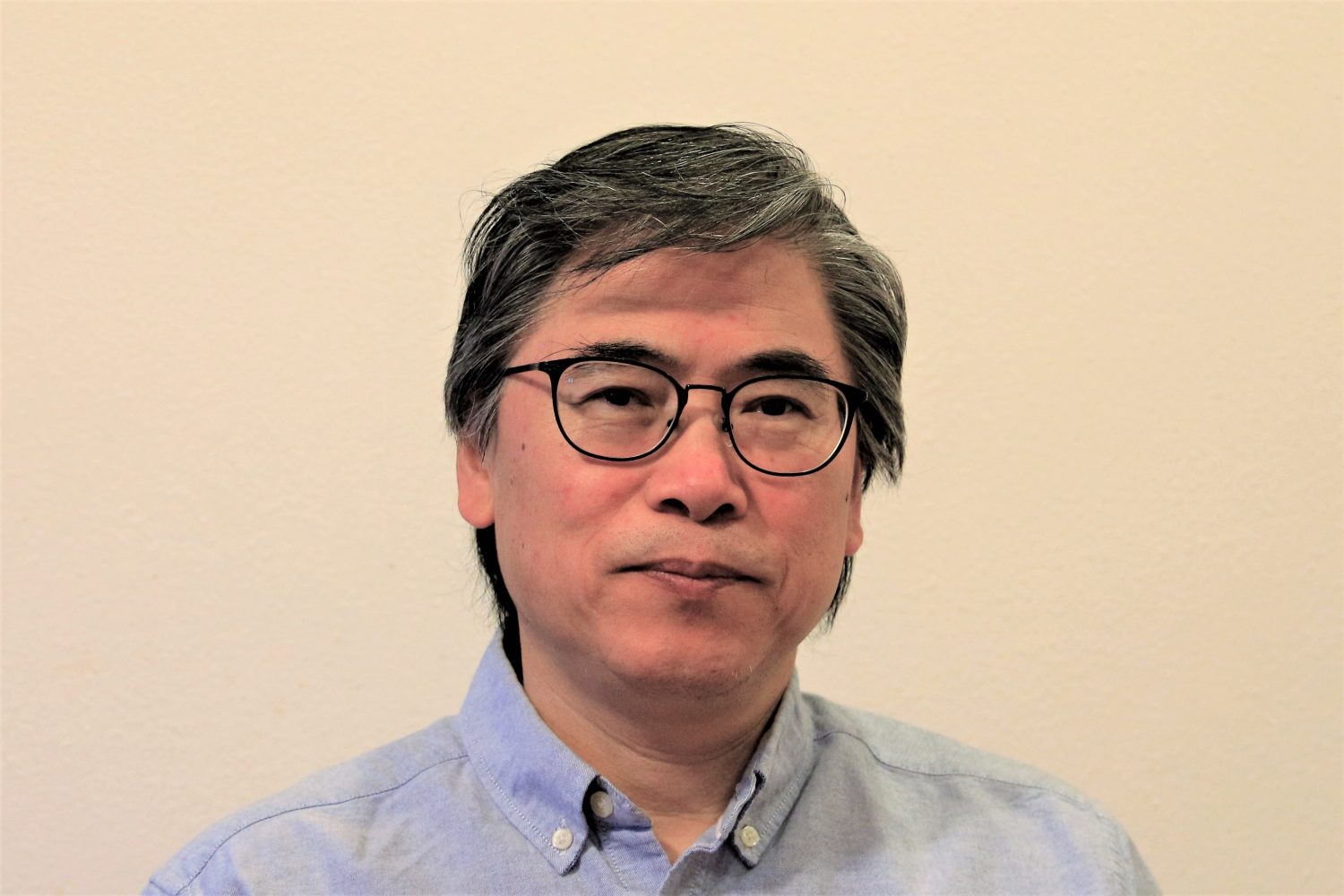
Juwen Zhang is Professor of Chinese Studies and Folklore at Willamette University. Having initiated the Transnational Asia-Pacific Section in 2005 and later served on the Nominating Committee and the Executive Board, he is now a Fellow of AFS and President of the Western States Folklore Society. At Willamette, he established the Center for Asian Studies and was the founding director as well as department chair, and was twice granted the University’s Excellence Award for Teaching, Service, and Scholarship. He has published extensively on ritual studies, oral narratives, and Asian American folklore, defining for the first time the terms like “folkloric identity” and “filmic folklore,” and translated works by dozens of international folklorists. His recent books include Oral Traditions in Contemporary China (2021), Epidemics in Folk Memory (2021), and The Dragon Daughter and Other Lin Lan Fairy Tales (2022).
What are the most significant opportunities or challenges now facing AFS, and how as AFS President would you respond to those opportunities or challenges?
Challenges and opportunities coexist. A major challenge is paying increased attention to historically marginalized groups such as the AAPI and LGBTQ+ communities. We also have an opportunity to shift ideological paradigms against systemic racism, to update methodology to work with diverse folk groups without othering them, and to advance new research areas like folklore of health, particularly mental health, and folklore of epidemics.
To me, the most significant challenge/opportunity faced by AFS is diversity. I would plan to address this challenge in three ways.
First, within AFS. We should broaden cross-sectional dialogues among members with different research interests and racial/ethnic/folk backgrounds. Through such dialogues, we not only can share resources and collaborate on projects but can better hear the voices of the minoritized groups and make progress in the marginalized research areas.
Second, between AFS and other related disciplines and institutions. We should expand existing cross-disciplinary discourses with both academic and public sectors. Adopting ideas and methods from other disciplines and sectors, updating our knowledge through community-centered fieldwork, and reaching out to minoritized groups to connect folklore studies with their folklore practice and identity reconstruction can help make folklore studies central for humanistic study.
Third, international discourse. We can further internationalize our Society by reaffirming our current network and expanding communication with those beyond the network. Diverse folk groups in the US have their cultural roots in every part of the world. Geopolitical boundaries must not stop the syncretism of traditions in our everyday practice at home and work.